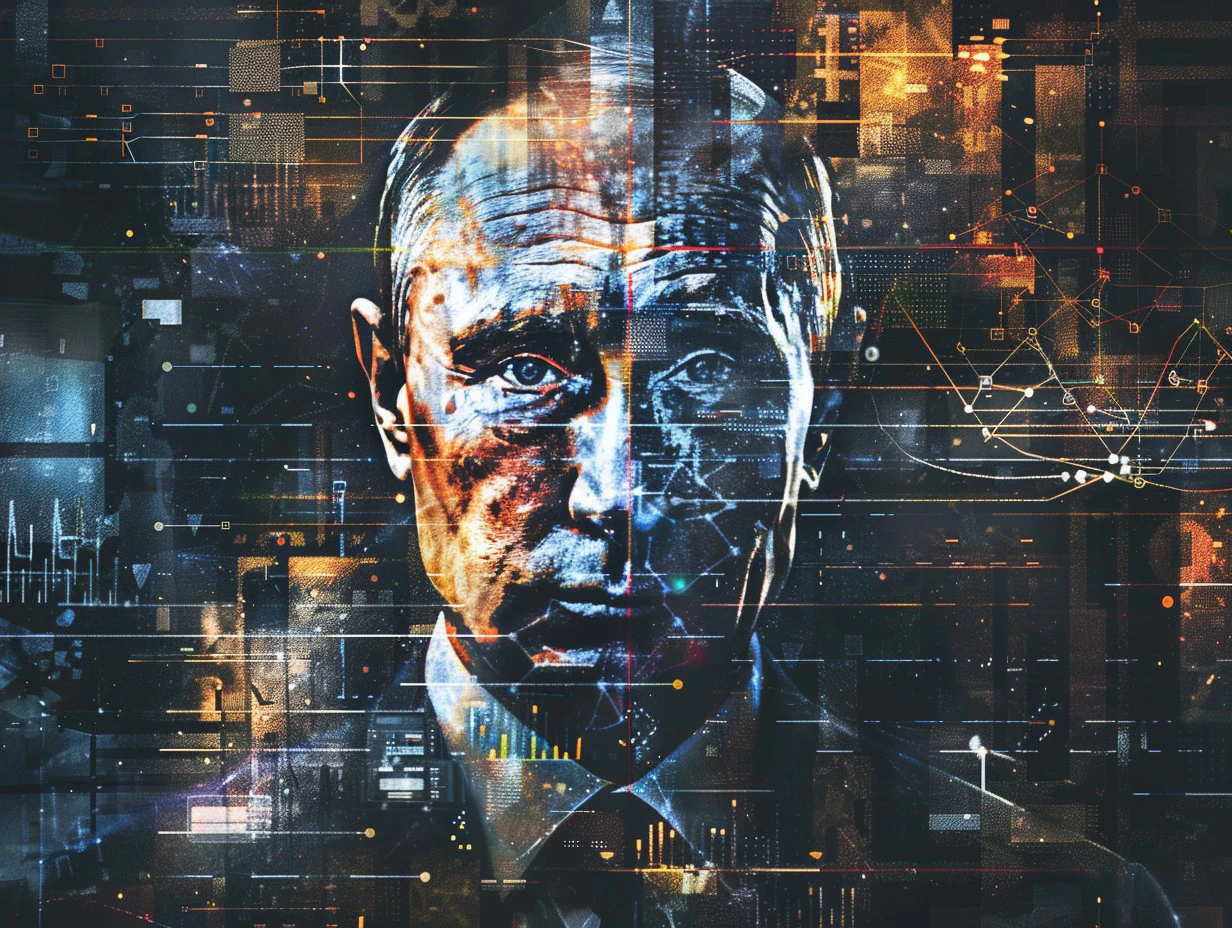Last year, the Russian Technology University (RTU MIREA) proposed a bill for labeling AI generated content. Now, the State Duma of Russia has begun drafting the bill for labeling AI generated text and images using neural networks.
Real vs. fake content
According to Anton Nemkin, a member of the State Duma Committee on Information Policy, they are already developing the concept of a law on labeling content created using neural networks. He said,
“In particular, the legislative experience of other countries is being studied, consultations with experts are ongoing, and work is being done on the formulation of basic definitions.”
Nemkin emphasized that the Internet is full of AI-generated content, bots, and algorithms, and it’s becoming increasingly difficult to identify real from fake content. The parliamentarian added,
“And if we consider the distant future, the development of AI services without necessary control poses the danger of creating huge amounts of unverified texts, as well as completely fabricated facts, figures, and data.”
How to label AI content in Russia?
Anton Nemkin thinks labeling should be done using a watermark or a graphic. The labeling should be clear but without grabbing too much attention. The content viewer should be able to understand the type of content they’re dealing with and analyze it thoroughly.
Many internet tech giants started implementing AI content tagging. Last September, TikTok began labeling AI-generated content using tags. Two months ago, YouTube launched a new tag for AI-generated videos. According to The New York Times, Nick Clegg from Meta encourages other companies to help identify AI content.
Some highlights from April.
It was a big month for AI. We brought our Meta AI assistant to more places across our apps, launched new @raybanmeta styles with AI capabilities and updated our approach to label more types of content as “Made with AI” to give you more context on what… pic.twitter.com/5ubXEp0FX6
— Meta Newsroom (@MetaNewsroom) May 1, 2024
The future of online content
Online content is heading towards being generated mostly by artificial intelligence. It has been only one year and five months since ChatGPT was released. OpenAI opened the floodgates of AI adoption in work, education, and every aspect of our lives. Drafting a bill for labeling AI-generated content is a critical step for Russia. It will help educate people on how to distinguish between real and fake content. It will protect society and show people that human work is superior.
Cryptopolitan reporting by Randa Moses.





